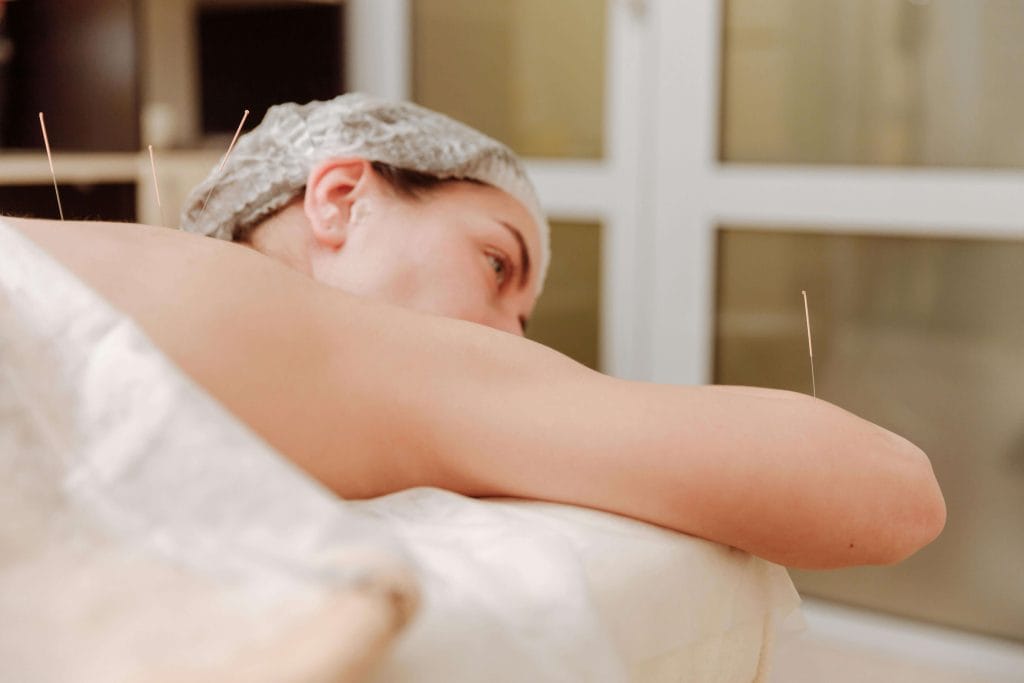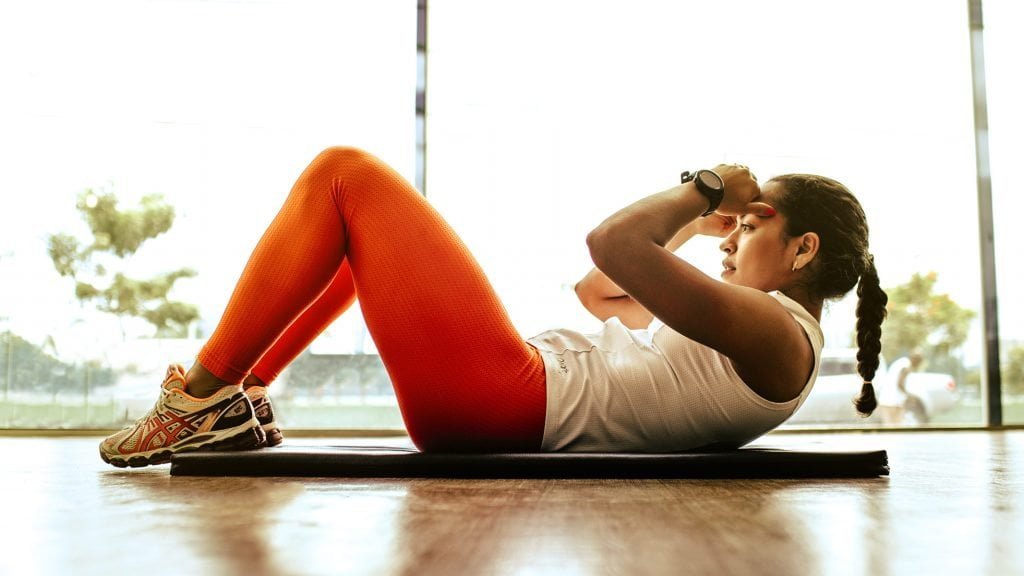Nutrition for Runners
Whether this is your first run or you are a seasoned pro, submitting yourself to a long distance run means your body’s nutritional requirements will change. There are many things to take into account before you start training; schedule, fitness level, proper shoes, goals and milestones.
Here are some important nutritional considerations from our Naturopathic Sports Clinic for you if you are training for a long-distance run.
- The body’s energy requirements increase when you become active, due to increased energy output and the need for tissue repair and growth
- You will be using up nutrients and vitamins at a quicker rate so make sure that your food intake reflects your needs
- Carbohydrates: Carbs may be your body’s quickest and best source of energy, but training for a run doesn’t mean you need to eat mountains of pasta and bread to ‘carb load’
- Eat a balanced diet that includes healthy carbohydrates like whole grains, lentils and fruits.
- Endurance athletes training up to 2 hrs/day require between 5-8g/kg/day of carbohydrates to maintain energy and perform optimally. This translates to 284 – 454g/day for a 125lb person.
- Protein: You don’t need to “protein load”; however endurance sports increase your protein requirements. Adequate protein is essential for muscle and tissue growth and repair, but is also important for your immune system.
- Generally, regular endurance exercise ups your requirement to 1.2 – 1.6g/kg. That’s ~68 – 91g/day for our 125lb person.
- You should consume 15 – 20g of quality protein within 2 hours post work-out to maximize tendon, collagen and muscle recovery.
- Fats: 0.8 – 2.0g/kg focus on heart healthy omega 3 fatty acids and PUFA’s (polyunsaturated)’s and MUFA’s (monounsaturated) like olive oil, hemp and flax oil.
- Immune system: Suppression of the immune system is often seen in endurance athletes. Ensuring adequate protein (especially Branched Chain Amino Acids), vitamins and nutrients will help keep your immune system strong.
- Water and Electrolytes: Working out means you are sweating, which means you are losing water and electrolytes (mainly sodium and chloride).
- Generally, 3L of clear fluids per day is necessary to maintain hydration. Be sure to replenish your electrolytes after a run with a sports drink or you can make your own!
- Also make sure to avoid alcohol and coffee while training as these can dehydrate you.
Have a great run and make sure to follow these tips to help you reach the finish line faster!
For general information on naturopathic medicine, feel free to check out the Canadian Association of Naturopathic Doctors.
If you have any specific naturopathic needs or looking for a local Naturopathic Doctor, don’t hesitate to contact us at 604-876-9977 and ask for Katie Smith, ND — Backs in Action’s highly regarded Naturopathic Doctor right here in East Vancouver, BC.



